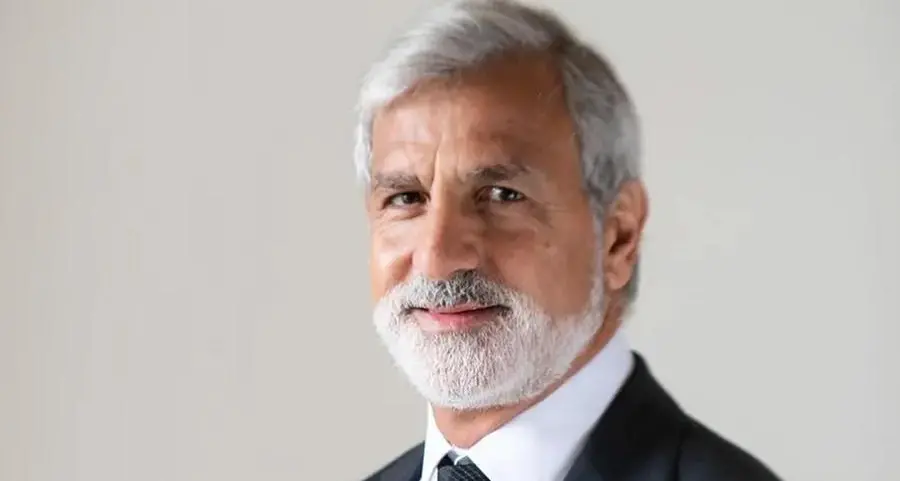PHOTO
The members of PIMCO’s Global Advisory Board, a team of world-renowned macroeconomic thinkers and former policymakers, recently joined the discussion at PIMCO’s annual Secular Forum, where they addressed critical factors likely to shape the global economy over the five-year horizon. The board’s insights constitute a valuable input into PIMCO’s investment process, and the views they presented helped inform the latest Secular Outlook, Reaching for Resilience. The discussion below is distilled from their far-ranging conversation.
Q: Which geopolitical trends are likely to affect the global economy and international institutions over the secular horizon?
A: Three simultaneous seismic geopolitical shifts are creating challenges and uncertainty for the global economy. The first is the breakup of the unipolar order: Consider the large number of countries that did not take actions or enact sanctions against Russia following the Ukraine invasion, and this suggests a fragmented multipolar world.
The second seismic shift is, if not deglobalization, a globalization-lite reflected in not just reshoring and ally-shoring but a new emphasis on resilience guaranteeing supplies taking precedence over efficiency, securing the lowest price.
The third shift is in the economic paradigm specifically, the role of government. For three decades economics determined political decision-making (and for a decade central banks were the only game in town). Now politics is determining economic decision-making. We now must factor in not just the protectionism of “America first,” “China first,” etc., and the retreat into national self-sufficiency strategies, but also the weaponization of trade policy via sanctions, the politicization of financial policy (for example, expelling countries from the SWIFT platform), and the securitization of economic policy namely, military concerns dictating financial policy decisions.
In light of these shifts, the international institutions we’ve relied on to ensure global coordination are diminished, and it is becoming hard to imagine the widespread cooperation that fostered the creation of these institutions decades ago.
The secular consequences of these shifts and the resulting upsurge in populist-nationalist movements are likely to mean less global trade (though perhaps more regional trade agreements) and as a result lower growth, along with more fiscal pressures on governments (to fund increased defense, immigration, energy subsidies, and a faster energy transition) and consequential inflationary pressures.
Explosive advances in technology e.g., in digital, life science, and environmental industries should compensate by driving up growth, but they will occur mainly in regions capable of harnessing them.
Q: What is the secular outlook for inflationary pressures in developed economies, and how could climate policy play a role?
A: Among developed markets, the asymmetry of secular risks has shifted toward higher inflation, particularly in the U.K., Europe, and Canada, and somewhat less so in the U.S., which generally imports less inflation. Many government and business leaders are reprioritizing away from efficiency and toward resilience. These decisions to build resilience in national defense, health care, supply chains, and value chains will help mitigate shocks in the future, but they all entail costs that will show up in consumer prices persistently over the longer term.
Add to these the sheer scale of the global transition to net zero carbon emissions, which should offer significant benefits and opportunities in the future, but also entails a range of costs over the secular horizon. Addressing climate change will be critical for a resilient economy and for the resilience of insurers, businesses, communities, and fiscal authorities. Progress on the transition will also likely become a key determinant of economic competitiveness, and from a geopolitical perspective– in China, for example competitiveness is as much a driver of action as is managing the risks of climate change.
Against this backdrop, individual companies, financial institutions, and governments are increasingly focusing on the net zero transition. The financial sector is essential to the net zero solution, but it cannot address this issue on its own. Government climate policy will be a key determinant of the pace of investment and the scale of price pressures. The more credible and predictable is climate policy, the smoother the economic adjustment will be. Climate policy is becoming a third pillar of macroeconomic policy.
For PIMCO’s insights into the longer-term trends shaping the global economy and market environment, please read the latest Secular Outlook, Reaching for Resilience.
Disclaimer:
For Professional Investors Only.
The information on this article is for residents of the Middle East and Africa only.
The products and services are available only to residents of this jurisdiction. The information on this website does not constitute an offer for products or services, or a solicitation of an offer to any persons outside of the Middle East and Africa who are prohibited from receiving such information under the laws applicable to their place of citizenship, domicile or residence.
PIMCO Europe Ltd (Company No. 2604517), is authorised and regulated by the Financial Conduct Authority (12 Endeavour Square, London E20 1JN) in the UK. PIMCO is a trademark of Allianz Asset Management of America L.P. in the United States and throughout the world. © 2022, PIMCO Europe Limited. All rights reserved.
Past performance is not a guarantee or a reliable indicator of future results.












